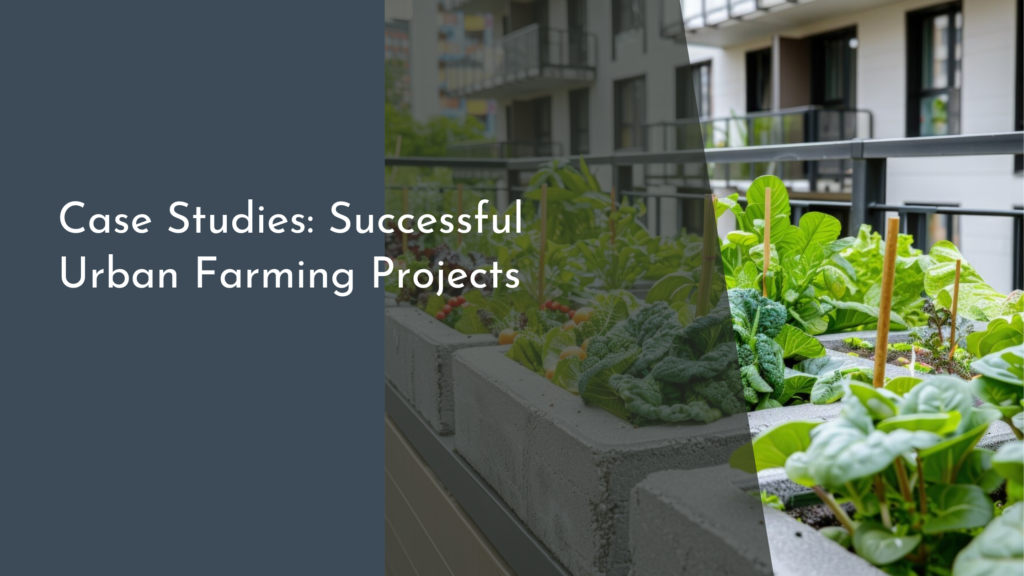How to Manage Biodegradable Waste in Your System
Biodegradable waste is an essential aspect of sustainable living that many people are becoming increasingly aware of. This type of waste includes organic materials that can break down naturally through the action of microorganisms, turning into nutrient-rich compost that benefits the environment. Managing biodegradable waste effectively not only helps reduce landfill waste but also promotes a healthier ecosystem. In this article, we will explore the essential aspects of biodegradable waste management, including the basics, tips for creating your system, creative recycling methods, and community engagement strategies.
Understanding Biodegradable Waste: The Basics You Need
Biodegradable waste primarily consists of natural materials such as food scraps, yard waste, and paper products. Unlike non-biodegradable waste, which can take hundreds of years to decompose, biodegradable materials can break down in a matter of weeks or months. Common examples include fruit and vegetable peels, grass clippings, and coffee grounds. Understanding this distinction is vital for developing effective waste management practices that can significantly reduce the amount of waste sent to landfills.
Recognizing the benefits of managing biodegradable waste is equally important. Composting not only diverts waste from landfills but also results in nutrient-rich soil that can enhance gardening and farming efforts. Additionally, reducing the volume of organic waste lowers greenhouse gas emissions, thus combating climate change. When we understand the nature of biodegradable waste and its potential for positive environmental impact, we can take actionable steps toward a greener future.
Tips for Setting Up Your Biodegradable Waste System
Creating a successful biodegradable waste management system at home starts with having the right containers. Designate a separate bin for collecting food scraps and yard waste, ensuring it is well-ventilated to prevent odor build-up and pest issues. Compost bins can range from simple open-air structures to more elaborate enclosed systems, depending on your space and needs. You can also consider using biodegradable bags for easy collection inside your kitchen before transferring the waste to your compost bin.
Another key aspect of managing biodegradable waste is understanding what materials are compostable. While most food scraps are suitable, it’s essential to avoid items like dairy products and meats, which can attract pests and create odors. Regularly turning your compost pile will help speed up the decomposition process by aerating the materials. By setting up an efficient biodegradable waste system, you’ll not only contribute to environmental sustainability but also enjoy the satisfaction of reducing waste in your daily life.
Fun Ways to Reduce, Reuse, and Recycle at Home
Getting creative with reducing, reusing, and recycling biodegradable waste can be an enjoyable and fulfilling experience. Start by incorporating food scraps into new recipes; for instance, vegetable peels can be used to make homemade broth, while stale bread can become croutons. Additionally, consider growing your own herbs and vegetables using kitchen scraps—many plants can regrow from cuttings, providing you with fresh produce right from your kitchen.
Engaging in DIY projects is also a great way to repurpose biodegradable materials. Create compostable seed starters using toilet paper rolls or egg cartons, and once your seedlings are ready to be planted, you can put the entire container into the ground. Not only do these activities help reduce waste, but they also encourage a hands-on approach to sustainability that can be shared with family and friends for a fun learning experience.
Engaging Your Community in Biodegradable Waste Management
Community involvement is crucial for effective biodegradable waste management. Start by organizing local workshops or demonstrations to educate others about the importance of composting and recycling. You can invite local experts to share their knowledge and provide practical tips on managing waste. By creating a welcoming environment for learning, you foster a sense of community while empowering others to take action.
Another excellent way to engage your community is through collaborative composting initiatives. Establish a neighborhood composting project where residents can contribute their biodegradable waste to a shared compost bin. This not only makes composting easier for those without space or resources but also builds connections among community members. By working together, you can create a positive impact on your local environment and inspire others to adopt sustainable practices in their homes.
Managing biodegradable waste is a rewarding endeavor that can significantly contribute to a healthier planet. By understanding the basics, setting up a practical system at home, exploring fun recycling ideas, and engaging your community, you can make a meaningful difference in the way we handle waste. Every small action counts, and together, we can cultivate a greener and more sustainable future for generations to come. So, roll up your sleeves and get started on your journey toward effective biodegradable waste management today!

